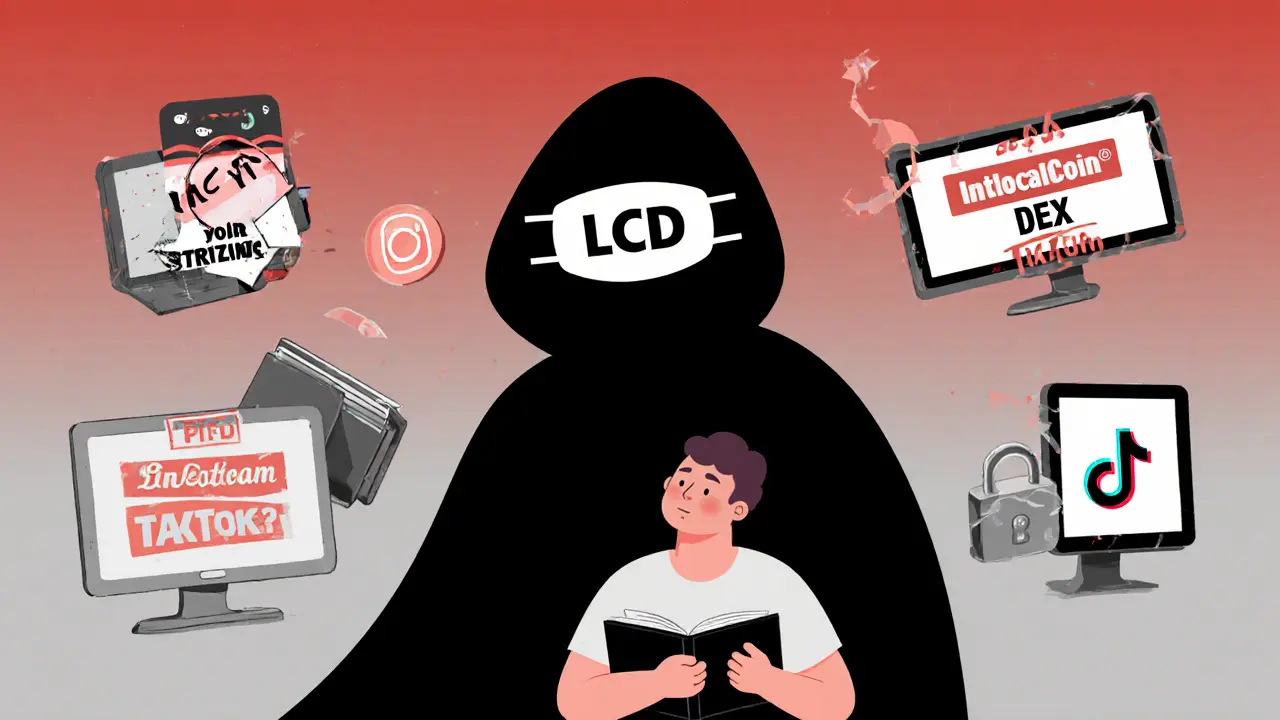DEX Fraud: How Scams Hide in Decentralized Exchanges
When you hear DEX fraud, a deceptive practice where fake decentralized exchanges trick users into losing funds. Also known as rug pulls, it’s when developers build a DEX that looks real, lure in traders with fake liquidity, then vanish with the money. This isn’t theory—it’s happening every day. Look at platforms like IceCreamSwap (Blast), a DEX with $0 trading volume, or SharkSwap, a DEX with no team, no audits, and no users. These aren’t bugs—they’re features of scams designed to look like legitimate tools.
DEX fraud thrives because people assume "decentralized" means safe. It doesn’t. A DEX can be coded in minutes, listed on CoinMarketCap with fake volume, and flooded with bots to mimic activity. Then, when enough people deposit tokens, the liquidity gets pulled. The site goes dark. The devs disappear. You’re left with worthless tokens and no recourse. That’s exactly what happened with Wagmi (Kava), a DEX with only $356 daily volume and zero community support. It wasn’t broken—it was abandoned on purpose. And Coinbook, a fake exchange that steals deposits, isn’t even pretending to be decentralized. It’s a straight-up phishing site.
Red flags don’t always scream. Sometimes they whisper. No public team? Warning. No liquidity on-chain? Red flag. Trading volume that doesn’t match real user activity? Classic scam. You don’t need to be a coder to spot this. Just ask: who benefits if I trade here? If the answer is "the devs," walk away. The posts below show you exactly how these scams operate—from fake liquidity pools to phantom tokens like Edom (EDOM), a coin with zero market value and no working product. You’ll see real examples of DEXs that looked promising but were built to fail. No fluff. No hype. Just the facts so you don’t become the next victim.
LocalCoin DEX Crypto Exchange Review: Why It Doesn't Exist and How to Avoid the Scam
LocalCoin DEX is not a real crypto exchange - it's a scam targeting new users. Learn how the fraud works, how to spot fake DEX sites, and which real platforms to use instead in 2025.
Details +